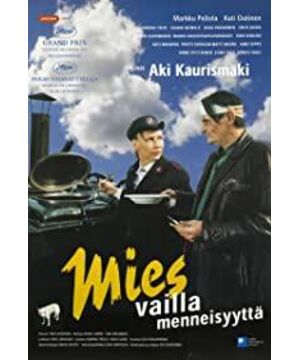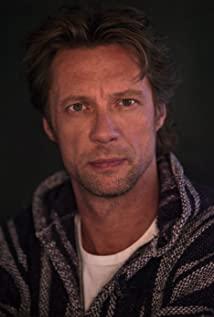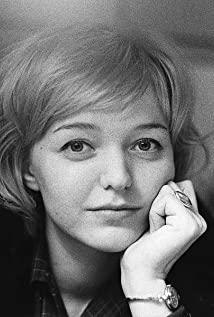The story focuses on a man named "M" whose setting is similar to the existential anti-hero of Kafka. M came to Helsinki and slept on a bench in the park. He was attacked by a group of villains and almost killed. He was taken to the hospital, where the appearance showed that he was dead.
Suddenly M got up, unplugged the instrument, put on his clothes and went away. In the next scene, he was lying by the river, and a tramp changed his shoes. The dying M was discovered by two boys and healed in a small family. They lived in a container by the seaport. Because M's head was injured, he almost lost all his memories. He began to rebuild his life, and was helped by the family and other roles, including a woman organized by the Salvation Army, a generous bank robber, a soft-hearted security guard, and so on.
M is facing a new world, he must know his real name and find his identity. His reaction resonated a lot with people around him. He encouraged the women of the Salvation Army to re-recognize themselves. She also helped M a lot, giving him love and hope, and telling him that he must be self-controlling. He started planting potatoes on the barren seashore, which is a kind of persistence.
The actor’s performance is deliberately dull and always expressionless. In the traditional concept, this role should belong to the category of realism, but this is not the case. It is a performance with Samuel Beckett and Berto Brecht. It's close, but neither of these two old artists thought it was a symbol to show off. M is very humble and restrained, giving the audience a lot of space to project his own inspiration and associations.
There are always long pauses between the lines of the film, and the language is simple and even vulgar, which is referential. For example, when an electrician installs wires to M, M asks him how much money, and he replied: "If you see me falling in the drain, turn me over." The
plot is full of coincidences, almost no extrapolation or intention. Let the audience summarize and comment. The movie seems to present a secular world, but we cannot adapt to it, which seems strange.
This movie is about emotions and meditation, and has almost nothing to do with behavior, character and events. Kaurismaki exploited the concept of identity, that is, how we build self-awareness, how to know who we are, how to collect evidence, and get self-identification from others.
The method he uses is to emulate politeness from others and build a sense of responsibility. The bank robber thinks that his behavior is not selfish, he is doing justice, but he has a rift with the law and morality. The security guards are not selfish in doing business, but they seem to weigh a lot. The Salvation Army Band is not staid, just out of self-protection. In fact, they can create newer music. All characters have a naive side, and there is an infinite open space against "self".
The emotion of the film is a kind of unhurried reaction, a kind of self-examination, that is, let the event hang in the air, and then we can dig deeper meanings. It reflects the possibility of human integrity, as listed in the Bible, about helping each other.
M can be said to be reborn after death, as if it is a sign of our next life, just like Wim Wenders in "Under the Sky of Berlin", Kaurismaki created a supernatural world, purely an imagined space. To express this prophecy. His approach is subtle and humble, just like the characters in the film. The flexible framework he constructed allows the audience to imagine and find answers.
Kaurismaki used the lighting method of film noir to present a kind of surreal, the setting was highlighted, with a whimsical modern sense. Coupled with the original special effects, it has a strong sense of drama, lack of depth of field, and a sense of imbalance. The production of the film is very European, avoiding the glitz of modern commercial films, giving it a sense of desolation and uncertainty, creating a kind of "foreign body". Kaurismaki also uses both natural and artificial light to make the shadows obvious and let us perceive that what we see is unreality. The scenes always have depressing elements, which pull together the imagination of filmmakers and audiences.
The setting of the scene where M was attacked on the park bench has a sense of drama and a two-dimensional space. The interior of the building is made of briquettes and metal, which is relatively rigid, and the surface is painted with light brown, which is very dim. However, the security car is very bright, and M's free lunch is also colorful and looks delicious.
Music has always been a center of Kaurismaki's work. It represents an extraordinary imagination and the pursuit of beauty, pleasure, and magic. Music makes the audience noble, and Kaurismaki brings the audience into the film and stimulates their personal experience, especially when the Salvation Army band is performing.
View more about The Man Without a Past reviews










